The MIAS Blog: News and Views about Ibn Arabi
More Recent Posts
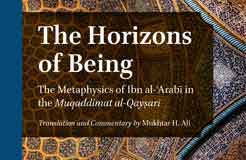
The Horizons of Being
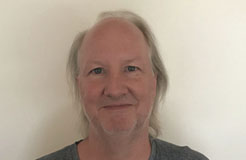
One of the most neglected issues
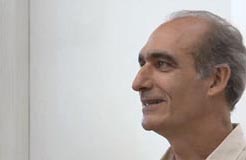
Reading Circles in MIAS Latina
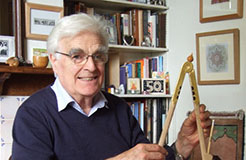
Keith Critchlow, 1933–2020
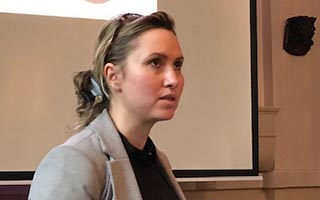
Online Introductory Course
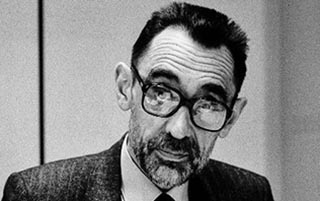
Michel Chodkiewicz 1929–2020

Young Writer Award 2019
New translation of Fusûs al-Hikam into French
Ibn ‘Arabî – Les chatons des sagesses et les demeures des paroles (Fusûs al-Hikam), translated from the Arabic by Paul Ballanfat. Éditions de l’Éclat, France, 2020.
This complete translation of the Fusûs al-Hikam into French is the first to be based on the manuscript copied out by Sadr al-dīn Qunawī, reviewed and signed by by Ibn ‘Arabî himself.
‘Évite de te lier par un dogme particulier et de te dissimuler tout le reste car tu perdrais un grand bien, et, plus encore, t’échapperait le savoir de l’ordre tel qu’il est. Sois en toi-meme une matière pour toutes les semblances des croyances, car le dieu, Très-Haut, est trop vaste et trop sublime pour qu’un dogme le renferme plutôt qu’un autre. Il a dit en effet: “Où que vous vous tourniez il y a le visage de Dieu” (Cor., 2:115), or, il n’a pas mentionné un “où” distinct d’un autre “où”, mais il a mentionné que s’y trouve le visage de Dieu, car le visage d’une chose est sa vérité.’ (From the Word of Hud, p. 151)
 Paul Ballanfat, is a lecturer in Turkish and Persian studies at Jean Moulin Lyon 3 University, France.
Paul Ballanfat, is a lecturer in Turkish and Persian studies at Jean Moulin Lyon 3 University, France.
